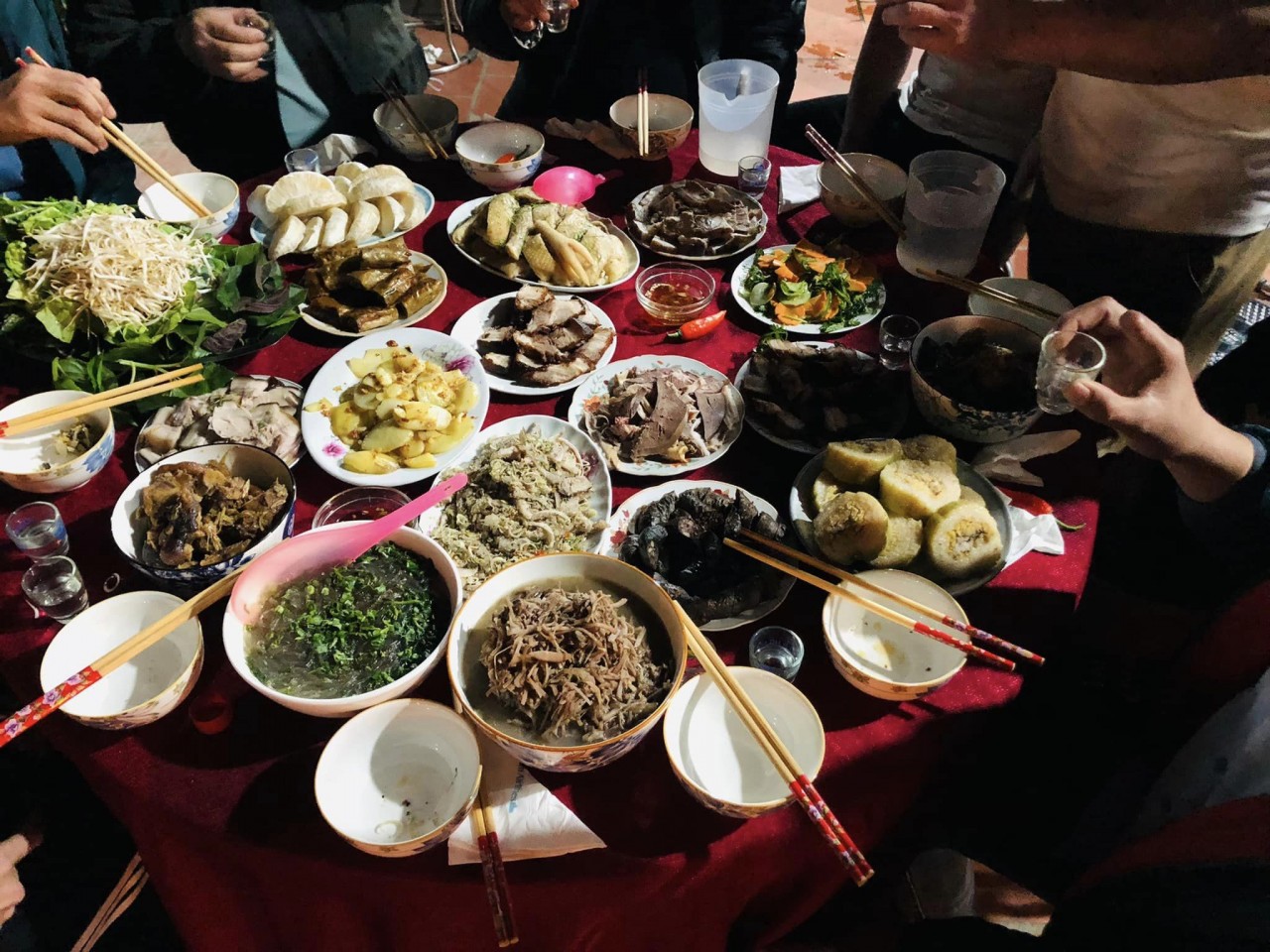Five Practical Tips To Help Children Learning At Home On Holidays
The holidays are a time for rest, relaxation, family time and celebrations. But learning doesn’t have to stop when the school gates close. You can help foster a love of learning in your children over the holidays.
Lots of holiday-season tasks, like working on writing skills with holiday card duty or practicing budgeting and math skills while shopping and cooking, can keep your child’s mind working over break.
1. Explore Opportunities to Learn Online
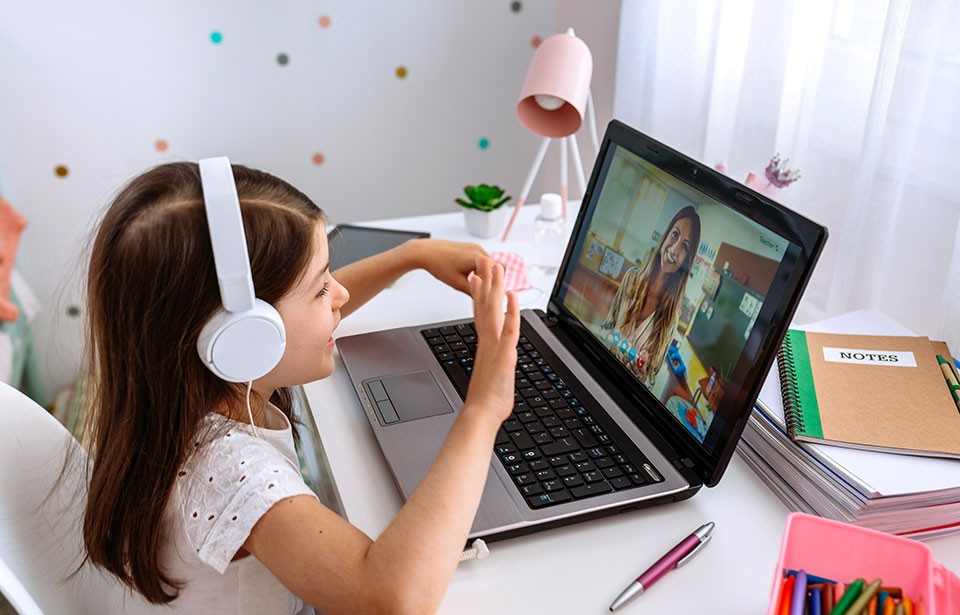 |
| Photo: InsiderUp |
Connect with your child’s teacher to find out what online learning resources are available for use at home during the break. This will help keep open lines of communication with your child’s teacher, and it will give you the opportunity to learn more about tools your child uses every day. As you plan out schedules, set aside daily or weekly times for your child to log in and continue their classroom learning at home.
With an internet connection, there are no geographical barriers. The educational resources are available anywhere, so children can study at home or even while away from home.
Some kids like to jump online for 15 minutes before school. For other families it makes sense for children to do online activities during dinner preparation. Children can learn at a time that best fits their own needs and their family’s schedule, any day of the week.
Online skills like accessing information, communication, and collaboration are necessary for learning and succeeding, not just in school but in life.
2. Use the Kitchen as a Learning Tool
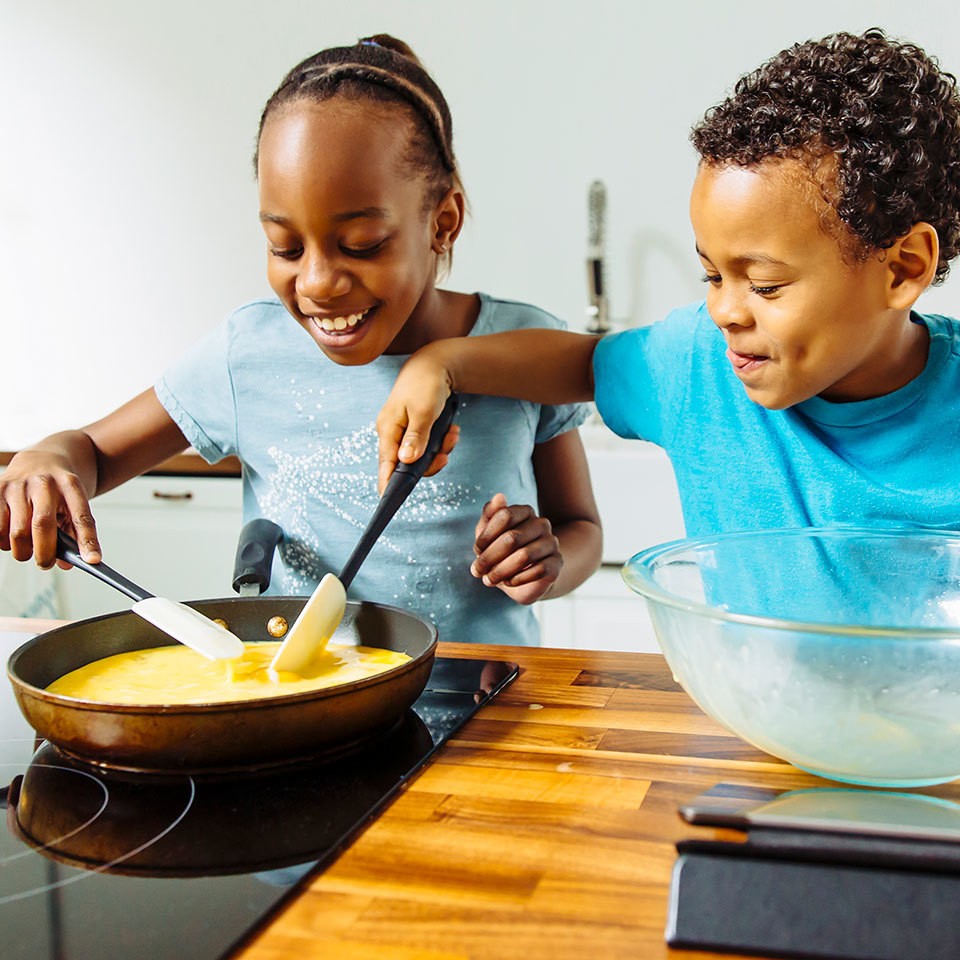 |
| Photo: EatingWell |
The kitchen can offer a great teaching and learning experience. Whether reading recipes, measuring ingredients, or learning about temperatures, giving your child the opportunity to actively participate in creating your family’s delicious holiday treats is an excellent chance to sharpen math and reading skills. Plus, you’ll gain a great new sous chef!
When you teach your kids to cook at a young age, you give them many gifts. You give them a sense of achievement and accomplishment which comes from seeing themselves take a step towards independence. You also give them the chance to choose and create healthy meals for themselves and their families when they grow up. This will have enormous future payoffs in terms of being able to lead a healthier lifestyle and even save money in the long run.
When children learn to cook, they also start to understand exactly what goes into the meals they eat. As they measure out the butter for a cookie recipe, they will see and feel for themselves how much butter is used as opposed to a healthier snack like a bowl of fruit and yoghurt. Learning to cook and understanding the basic building blocks of most recipes will allow them to make better and more informed choices about the food which they eat in the future.
All children want to be independent. They want to be just like the adults around them. Being able to feed yourself and prepare your own meals at a young age is a significant step towards independence.
3. Take them to the supermarket
 |
| Photo: Bigstock |
A study into childhood learning — aptly named The Supermarket Study’ — involved placing signs with questions on items around the supermarket.
Questions like ‘where does milk come from?’ and ‘what else comes from a cow?’ were designed to encourage dialogue and evoke curiosity and inquisition from the children. The results saw a one-third increase in conversations between parents and children — a pivotal form of informal education.
And while the study was conducted with children under 8, the inherent principles can be used with kids (and even adults!) of all ages. The idea is to create opportunities for learning outside of the school setting and in the real world.
Think about how many interesting and potentially unanswered questions we can ask about the world on a daily basis:
What kind of trees line your street, how your groceries get from where they’re grown to in your kitchen, or how the technology in your home was developed… There’s myriad opportunities for learning all around you.
By encouraging your kids to question the how and why of these mundane things, you’re fostering a love of learning and a thirst for knowledge.
4. Make reading part of the routine
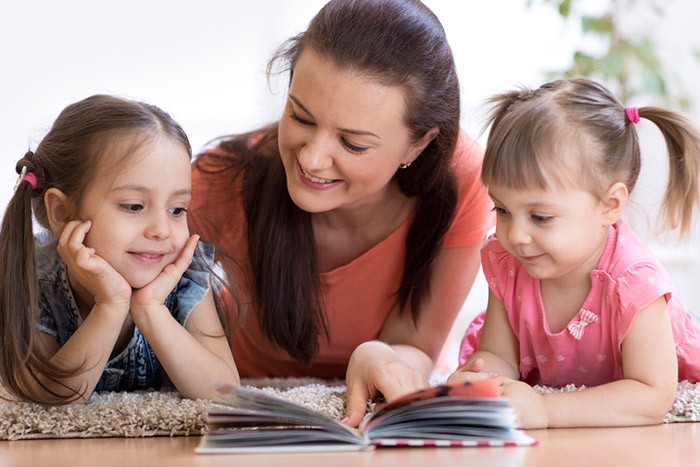 |
| Photo: Shutterstock |
Regular routines go out the window when school stops. But you can still keep a sense of routine, and important daily rituals, all through the holidays.
Reading is one of the best forms of learning for all kids (and that includes reading to them):
Younger kids develop language skills, improve literacy, and put their imagination to good use…While for older kids, fiction books can further support their writing skills, and through non-fiction they can learn about topics that interest them that they may or may not study in the school environment.
Reading can also aid relaxation and reduce stress and anxiety, increase empathy, and promote good sleeping habits.
A recent study found that children who had access to books at home had significantly better reading skills than those who didn’t. So consider giving your kids books for Christmas!
They really are the gift that keeps on giving.
5. Let them be bored
 |
| Photo: Getty Images |
The holidays can often be a constant battle of finding new and interesting things to keep kids entertained.
But there’s a lot to be said for leaving them to their own devices, and letting them just be.
Children of the digital age are used to having constant entertainment and instant gratification.
So removing these distractions allows some much-needed time for quiet reflection, a wandering mind, and developing creative strategies to keep them entertained.
The best type of boredom can be found in the great outdoors, where they can investigate the natural environment.
It also encouraged imaginative play, which helps kids to express their creativity.
Encourage your older kids and teenagers to go for walks, sit in the park, and experience the world through their own eyes — even for a few minutes a day — instead of through their phone screen.
 | How To Buy Fragrance And Perfum Online Without Having To Smell Purchasing perfume, or fragrances online might not be easy, given how you have to use your nose to smell which ones you like most. There ... |
 | For A Safe And Comfortable Road Trip Road trip travel is an amazing experience for adventurous people, but it also requires some skills to avoid mistakes and potential dangers that beginners can ... |
 | Useful Tips For Your First Trips To Southeast Asia Southeast Asia has many amazing destinations for beginners to discover, which are packed with interesting cultural and historical sites, amazing festivals, friendly locals, etc. Here ... |
Recommended
 Handbook
Handbook
Lunar New Year 2026 (Year of the Horse) Weather Forecast
 Handbook
Handbook
Promoting Vietnam’s Ao Dai at London Fashion Week 2026
 Handbook
Handbook
Dinh Bac Wins Golden Boot at 2026 AFC U23 Championship
 Handbook
Handbook
Vietnamese Banh My Shines on Global Culinary Map
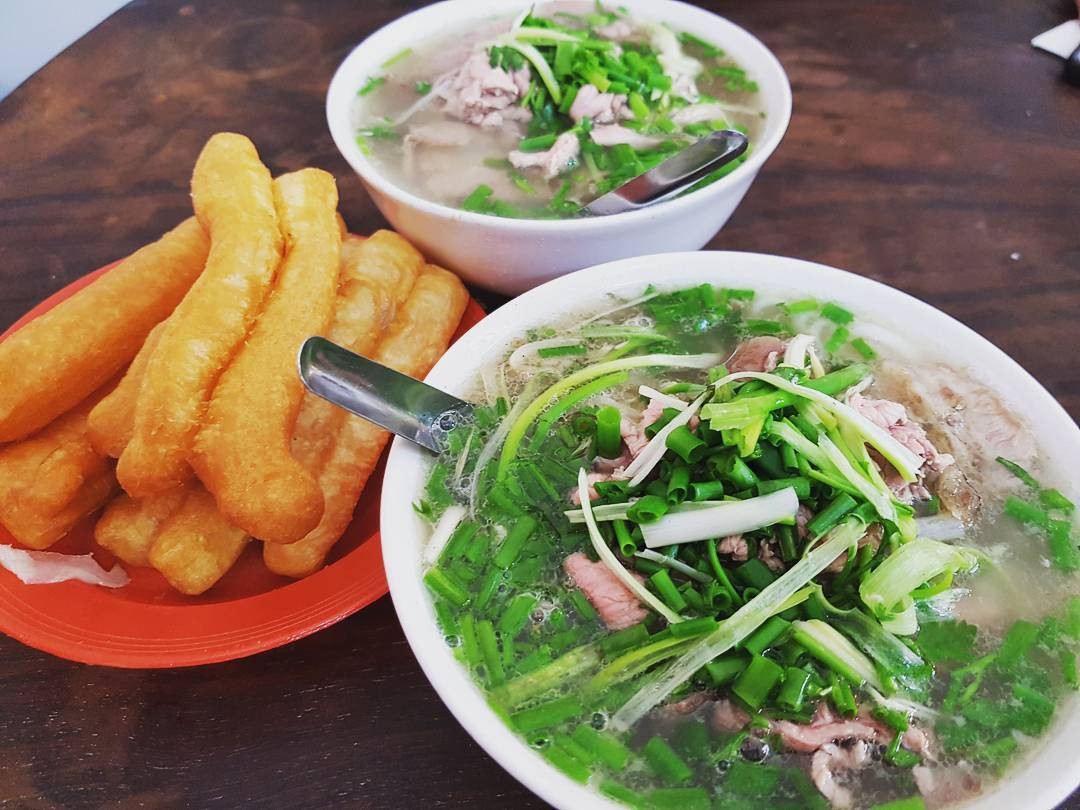 Handbook
Handbook
Vietnam Ranks Among World’s Top 4 Most Attractive Culinary Destinations
 Handbook
Handbook
Vietnam’s AI Law to Require User Notification before AI Interactions
 Handbook
Handbook
10 Vietnamese Films Set For Screening In US To Mark 30 Years Of Diplomatic Ties
 Handbook
Handbook


